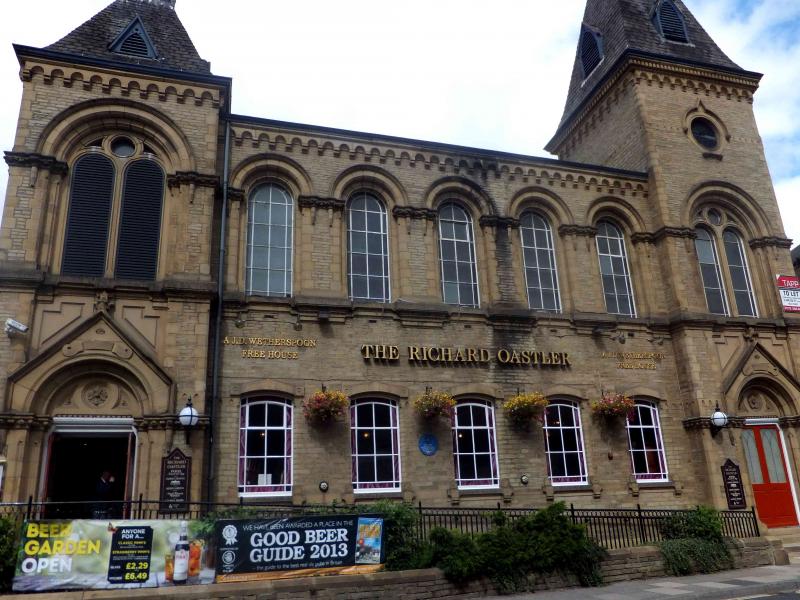
Richard Oastler, Brighouse •
Oastler, Richard ( 1789-1861 ), factory reformer, was born on 20 December 1789 in St Peter's Square, Leeds, the eighth and last child of Robert Oastler (1748-1820), a local linen merchant, and his wife, Sarah Scurr (d. 1828).

Richard bradford hires stock photography and images Alamy
Oastler, Richard (1789-1861). Factory reformer and anti-Poor Law agitator. Born in Leeds, the son of a leading Wesleyan, Oastler was educated by the Moravians at Fulneck, but became Church of England when he succeeded his father in 1820 as steward for Thomas Thornhill, the absentee landlord of Fixby Hall near Halifax. He was a romantic Tory, defending old values against utilitarian.

White slavery hires stock photography and images Alamy
Richard Oastler was jailed for debt in 1840 in the Fleet Prison in London after there appeared to be financial discrepancies in the management of the Thornhill estate. In 1844 a fund was raised for his release, but his health had suffered and he was never the same again. In 1847 the 'Ten Hour Bill' was passed and Richard Oastler the.

Richard Oastler blue plaque Open Plaques
Richard Oastler (20 December 1789 - 22 August 1861) was a " Tory radical", [2] an active opponent of Catholic Emancipation and Parliamentary Reform and a lifelong admirer of the Duke of Wellington; but also an abolitionist and prominent in the "anti-Poor Law" resistance to the implementation of the "New Poor Law" of 1834.

“Richard Oastler” by John Birnie Philip
The Richard Oastler Claimed Review Save Share 299 reviews #4 of 13 Quick Bites in Brighouse $ Quick Bites Bar British Bethel Street, Brighouse HD6 1JN England +44 1484 401756 Website Open now : 08:00 AM - 11:00 PM Improve this listing See all (36) RATINGS Food Service Value Atmosphere Details CUISINES Bar, British, Pub Special Diets
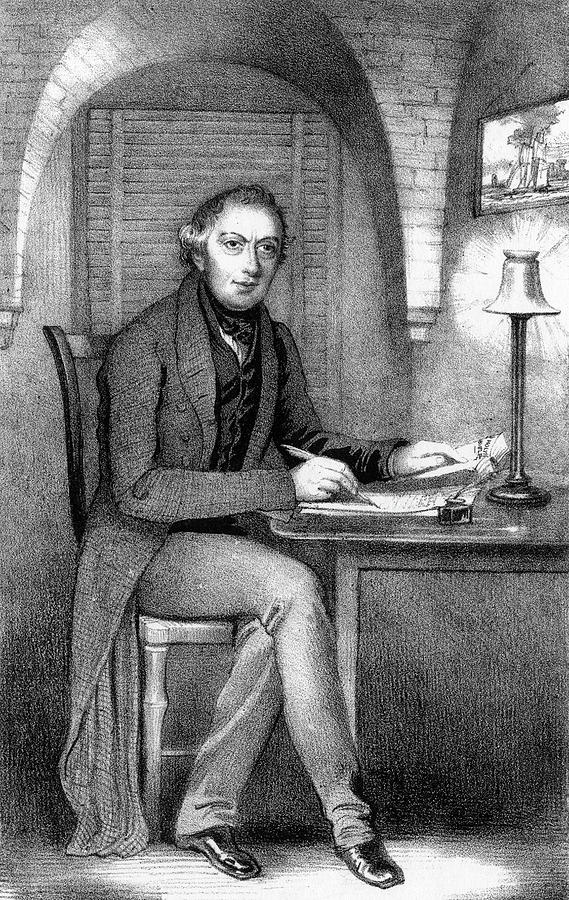
Richard Oastler, Reformer Drawing by Mary Evans Picture Library Fine Art America
Having learned of the evils of child labour in factories, Richard Oastler, the manager of a large agricultural estate in Yorkshire, in 1830 began an attack in print on the employment of children. Although he had never previously opposed industrialism, he came to believe that the factory system as it existed was inimical to what he characterized.
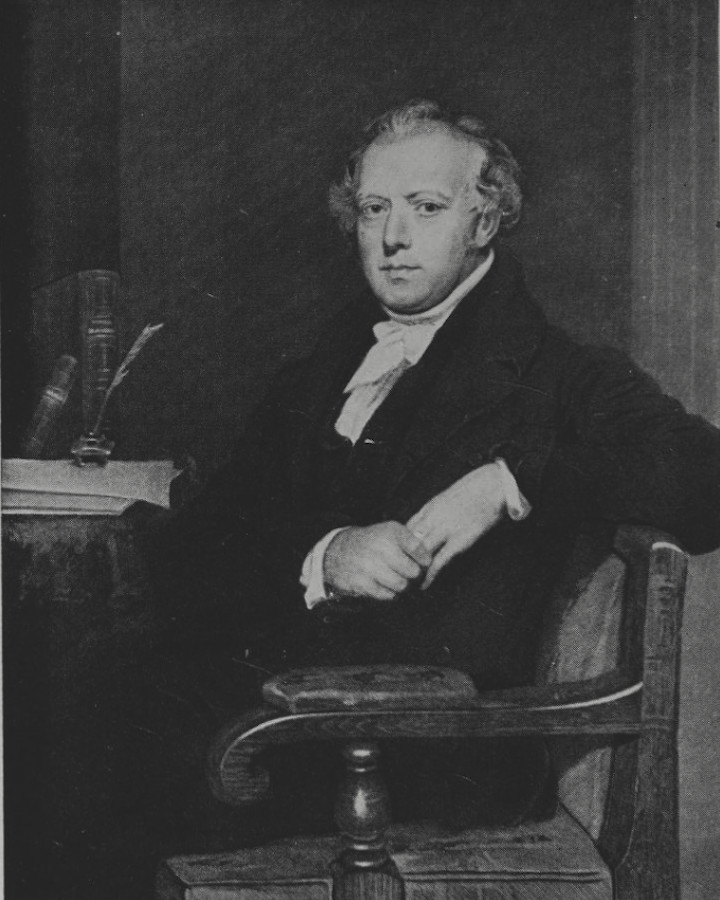
Richard Oastler, Tory Radicalism, and the Resistance to the New Victorian Order
Richard Oastler (born Dec. 20, 1789, Leeds, Yorkshire, Eng.—died Aug. 22, 1861, Harrogate, Yorkshire) industrial reformer known in the north of England as the "Factory King," who from 1831 conducted a campaign for shorter working hours that was in part responsible for the Ten Hours Act of 1847.
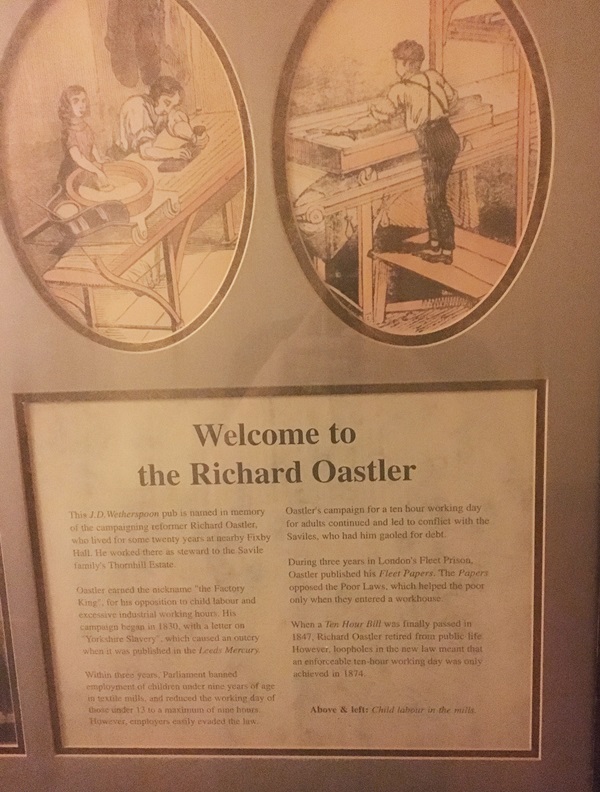
The Richard Oastler Brighouse J D Wetherspoon
Richard Oastler (1789-1861), the immensely popular and fiery orator who campaigned for factory reform and for the abolition of the new poor law in the 1830s and 1840s, has been relatively neglected by political historians. Few historians, however, have questioned his toryism. As this article suggests,
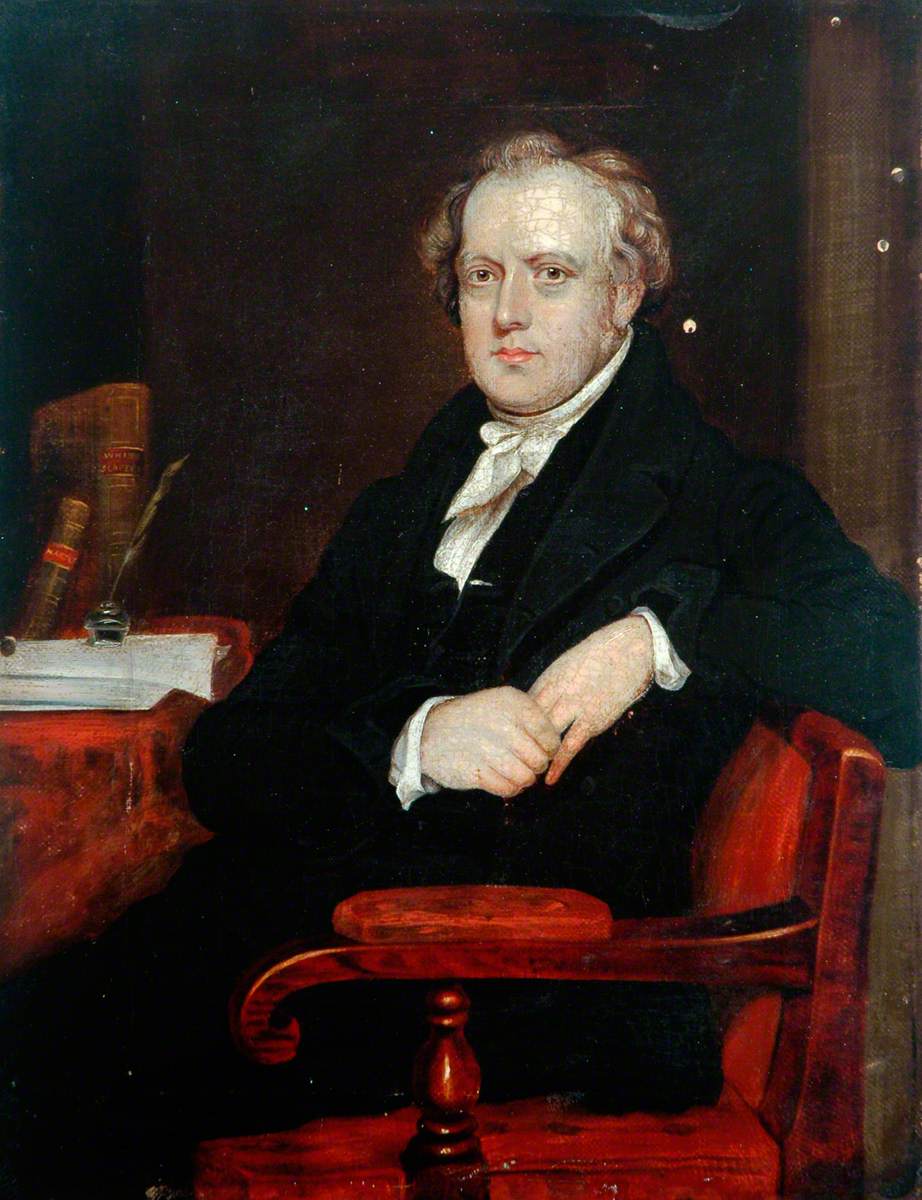
Richard Oastler (17891861) Art UK
Richard Oastler (20 December 1789 - 22 August 1861) was a " Tory radical", [2] an active opponent of Catholic Emancipation and Parliamentary Reform and a lifelong admirer of the Duke of Wellington; but also an abolitionist and prominent in the "anti-Poor Law" resistance to the implementation of the "New Poor Law" of 1834.

Richard Oastler Pub but formerly a Chapel and then indoor market Brighouse Calderdale Bethel
Richard Oastler was outraged. Born into a Wesleyan Methodist family and educated by Moravians, he was a man of conscience who believed words should be matched with deeds. That is why he took up his pen to write a letter. The letter, blasting "Yorkshire Slavery" was published on this day, September 29, 1830 in the Leeds Mercury.
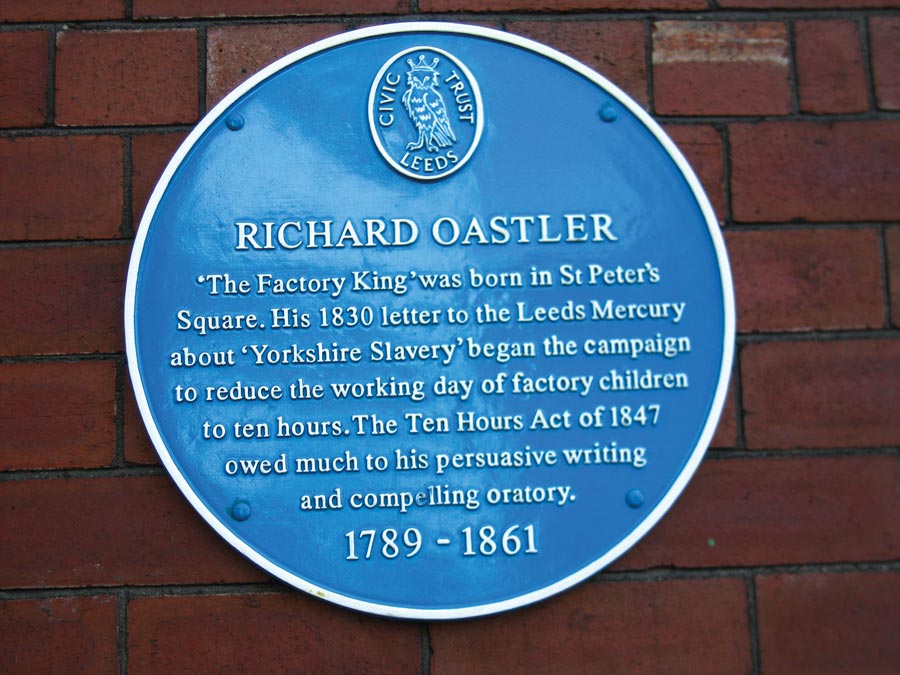
RICHARD OASTLER THE FACTORY KING Yorkshire Reporter
Introduction In 1834 a new Poor Law was introduced. Some people welcomed it because they believed it would: • reduce the cost of looking after the poor • take beggars of the streets • encourage.
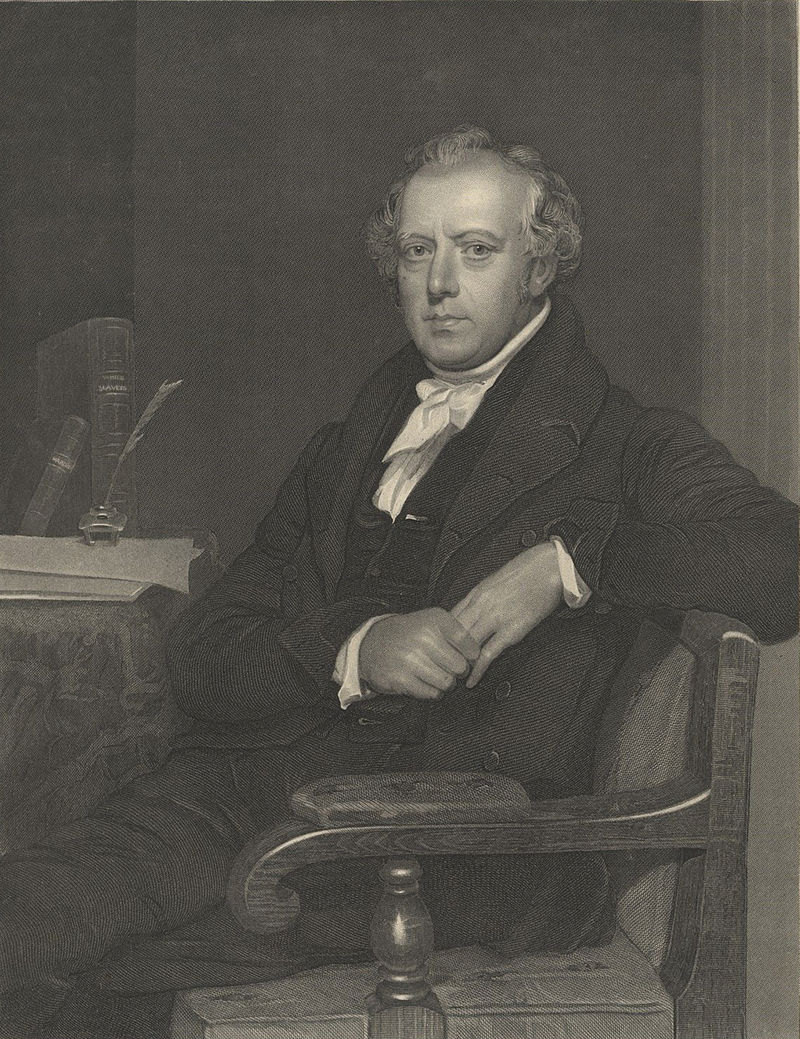
News 7 Yorkshiremen and women who changed British history
She died at Headingley (Leeds) on 12 June 1845, and was buried at Kirkstall. Oastler's two children by her, Sarah and Robert, both died in infancy. After his wife's death Oastler lived at South Hill Cottage, Guildford, Surrey.

The Richard Oastler Brighouse J D Wetherspoon
The Richard Oastler is a Wetherspoon pub in Brighouse, West Yorkshire. Our pub offers a range of real ales, craft beers and freshly ground Lavazza coffee. Breakfast is served until noon, with our full food menu available until 11pm.

Richard Oastler Bradford and District Local Studies
Richard Oastler (1789—1861) factory reformer Quick Reference (1789-1861) British social reformer. He began his agitation in 1830 with the support of John Wood, a Bradford manufacturer, who revealed some of the worst abuses of child labour in factories. Oastler, a Tory radical, combined his attack on the factory system with a condemnation of.

Statue of Richard Oastler, Northgate, Bradford Stock Photo Alamy
ichard Oastler,'the factory king,' the youngest of the eight children of Robert Oastler of Leeds, was born in St. Peter's Square in that town on 20 December 1789. His mother, a daughter of Joseph Scurr of Leeds, died in 1828.

NPG D7845; Richard Oastler Portrait National Portrait Gallery
Richard Oastler (1789-1861; factory reformer) Born in Leeds, Oastler worked as a merchants' agent until 1820, when he was appointed as a land steward for Thomas Thornhill's estate at Fixby. Politically, he was a Tory, opposed to parliamentary reform and trades union. His paternalism led him to oppose the foreign slave trade and exploitation of.